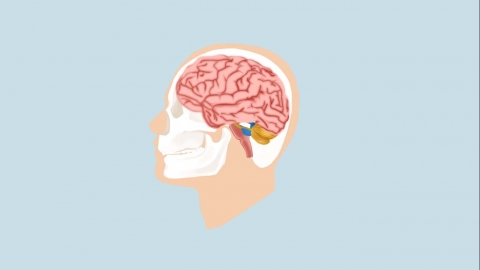Why do psychiatric patients speak incoherently?
Delirious speech in psychiatric patients may be caused by imbalances in brain neurotransmitters, impaired cognitive function, schizophrenia, manic episodes, or organic mental disorders. If discomfort symptoms occur, timely treatment is recommended. Specific analyses are as follows:

1. Neurotransmitter Imbalance: Abnormal secretion of neurotransmitters such as dopamine and serotonin in the brain can disrupt regulation of language centers, leading to disorganized speech. It is recommended to regulate neurotransmitter levels and combine this with language function training to improve expression.
2. Impaired Cognitive Function: Reduced function in cortical cognitive areas of the brain weakens control over linguistic logic, resulting in incoherent speech. Logical thinking can be improved through cognitive rehabilitation training, along with regular practice of simple verbal communication in daily life.
3. Schizophrenia: Perceptual and thought processes become detached from reality, causing hallucinations and delusions. Speech content becomes disconnected from reality, often accompanied by social withdrawal. Doctors may prescribe risperidone tablets, olanzapine tablets, or quetiapine fumarate tablets, combined with psychotherapy to correct cognitive distortions.
4. Manic Episode: Excessive emotional excitement leads to racing thoughts, rapid and disorganized speech, increased energy, and reduced need for sleep. Follow medical advice to take lithium carbonate tablets, sodium valproate sustained-release tablets, or carbamazepine tablets to stabilize mood and prevent impulsive behaviors.
5. Organic Mental Disorders: Brain tumors, cerebrovascular diseases, or other conditions that damage brain tissue can interfere with language control, causing disorganized speech along with motor impairments. Under medical supervision, medications such as piracetam tablets, citicoline sodium capsules, or escitalopram oxalate tablets may be prescribed, while simultaneously treating the underlying neurological condition.
In daily life, it's important to provide patients with a quiet and comfortable environment, avoiding verbal stimuli. Offer patient companionship and encourage normal communication. Strictly adhere to prescribed medications, attend regular follow-up visits, and adjust treatment plans as needed to support stable recovery.






